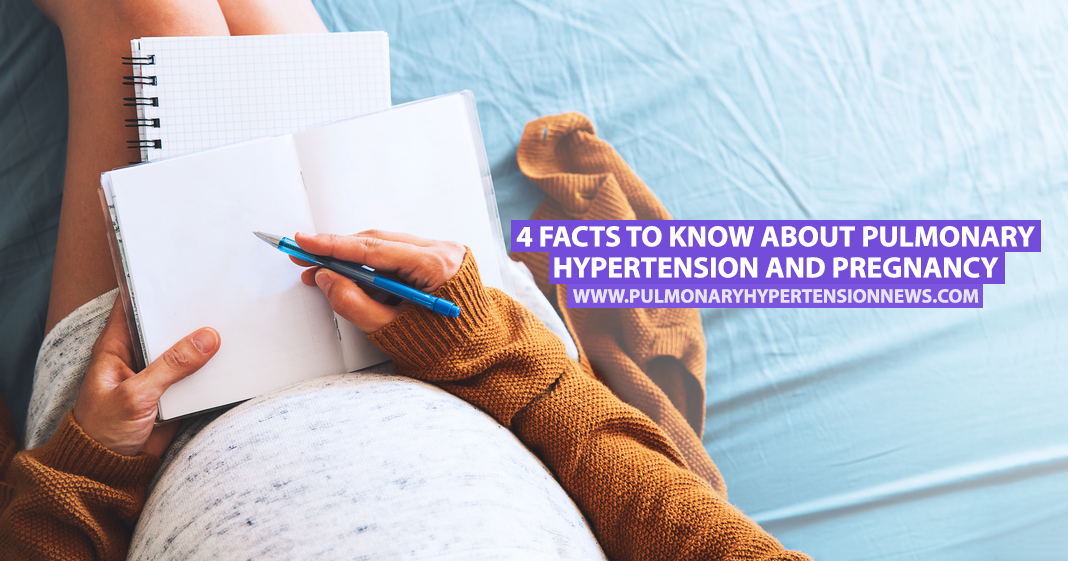4 Facts to Know About Pulmonary Hypertension and Pregnancy

Pulmonary hypertension is a chronic lung disease that affects people of all ages, including women of childbearing age. Getting pregnant when you have pulmonary hypertension is considered extremely high risk. The demands of pregnancy put the mother’s health in jeopardy and mortality rates are high — between 30 percent and 56 percent.
Women with pulmonary hypertension are generally advised against pregnancy, and if they do become pregnant, they’ll need careful monitoring by a multidisciplinary team. We’ve put together some facts about pregnancy and pulmonary hypertension with help from heartdiseaseandpregnancy.com and hindawi.com.
MORE: Find out more about pregnancy and pulmonary hypertension
Risk of Heart Failure
When a woman becomes pregnant, the volume of her blood increases by 30 percent to 50 percent to support the growing fetus. This extra blood has to be pumped around the body by the heart, causing it to have to work much harder than usual. Because the right side of the heart is already compromised by pulmonary hypertension, the risk of heart failure is even higher.
Risk of Blood Clots
All pregnant women are at risk of thromboembolism, where blood clots formed in the legs travel to the lungs or to the amniotic fluid. This is dangerous for anyone, but even more so for pulmonary hypertension patients.
Dangerous Labor
Labor is particularly dangerous for women with pulmonary hypertension as the heart is placed under further strain and blood pressure rises. Most maternal deaths occur during labor and in the month following labor.
Risks to the Baby
The baby is at risk if the mother suffers from heart failure or thromboembolism before the pregnancy is full term. In addition, there is a risk that the child could inherit pulmonary hypertension.
Pulmonary Hypertension News is strictly a news and information website about the disease. It does not provide medical advice, diagnosis or treatment. This content is not intended to be a substitute for professional medical advice, diagnosis, or treatment. Always seek the advice of your physician or another qualified health provider with any questions you may have regarding a medical condition. Never disregard professional medical advice or delay in seeking it because of something you have read on this website.







